If you like to garden, you probably already know that bees are essential for pollination.
They are valuable in a garden of any kind, be it a vegetable, flower, or herb garden - so we’re willing to put up with the occasional sting every now and then!
But what about wasps - do we have to put up with them?
Wasps can be a huge nuisance in a garden (as well as a benefit - there are some wasps worth having around, particularly if you have pest problems to contend with).
If you’re allergic to their stings, they can be even more frustrating and nefarious to deal with.
Fortunately, there are ways you can get rid of wasps in the garden - and you don’t have to rely on pesticides, either.
Here are 15 plants that repel wasps - and some simple tips for keeping these common pests out for good.
Jump to:
1. Eucalyptus
Eucalyptus is technically a tree, and while it’s only hardy in zones 7a through 10, it can help keep all kinds of pests at bay.
It has powerful essential oils that linger for quite some time and are incredibly effective at repelling wasps.
2. Citronella
You’re probably already aware of the pest-repelling benefits of citronella when it comes to flies and mosquitoes.
However, it’s also a powerful deterrent for bees and wasps. It can be grown both indoors and outdoors and is incredibly versatile.
It is hardy in zone 8 through 12 and requires well-draining soil.
3. Trumpet Flowers
For some reason, trumpet flowers tend to be unattractive to bees and wasps alike.
Bees have a hard time extracting the nectar from these plants due to their shape, and they also won’t attract additional flying pests.
There are all kinds of trumpet flowers you can grow to add beauty to your landscape without adding stinging pests.
4. Geraniums
Geraniums are also great at getting rid of wasps. While red geraniums are particularly effective at getting rid of bees, they are also good at preventing wasps.
They prefer to be grown in a location that provides at least four hours of sunlight each day. During the winter, you can bring these flowers inside to continue growing.
5. Cloves
Wasps hate the scent of cloves. They’re strong and spicy, so you can easily repel these stinging pests by either planting a few clove plants or just sprinkling some whole cloves around your garden.
6. Marigolds
Marigolds are colorful and bright. They are beautiful additions to most gardens, and the species is one of the only colorful plants that won’t attract additional pests.
Although marigolds don’t necessarily ward off nectar-hungry honeybees, they offer nothing to wasps. They’re hardy and require very little care and can be grown for both their ornamental and medicinal value.
7. Thyme
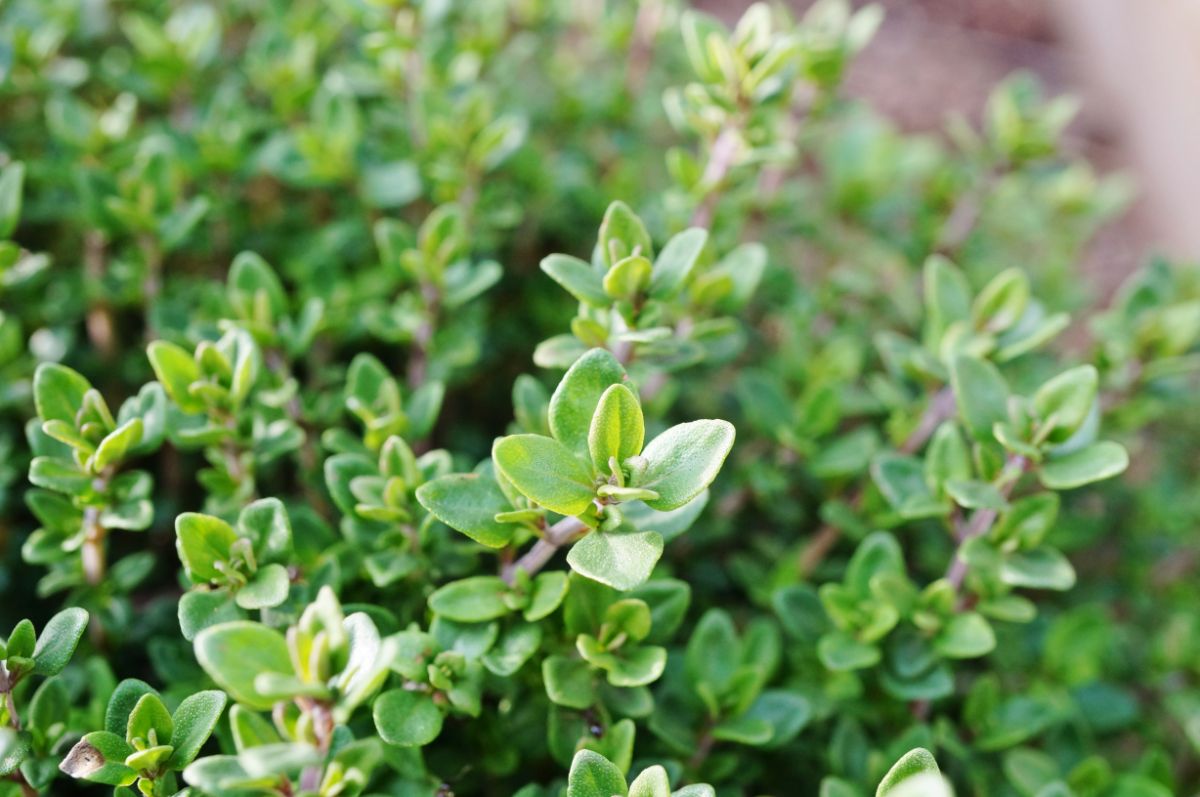
Another planet you might want to consider planting to prevent wasps is thyme. An herb, thyme will add a ton of flavor to your dinner plate while also repelling wasps and all other manners of irritating pests.
It is best grown in a hot, sunny location - ideally one with well-draining soil. Once established (it’s best planted in the spring), it will grow as a perennial for many years thereafter.
8. Basil
Basil plants also reputedly keep pests like wasps away. You can grow it from seed or pick up a pot to grow indoors.
It is perennial in some warmer climates, but for the most part, you'll only be able to keep it around for one season.
9. Garlic
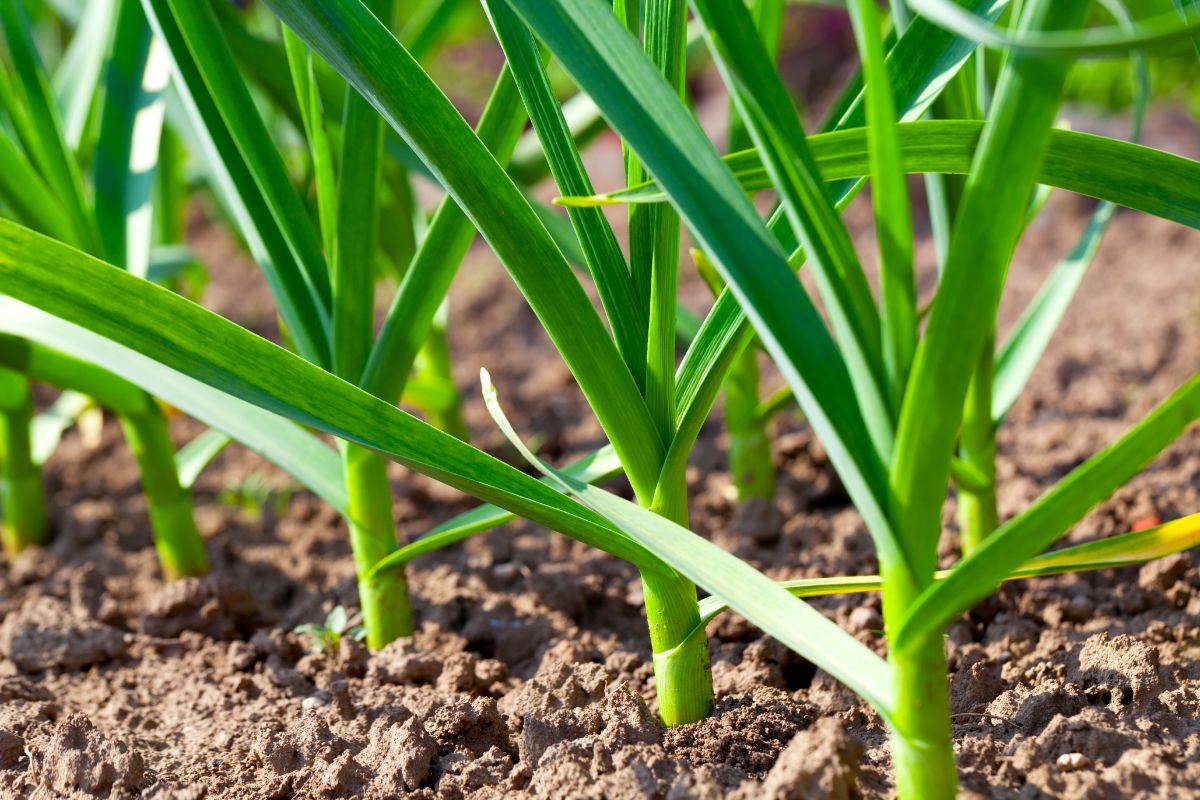
Even garlic can be used to help repel wasps. Garlic has a strong aroma that is unpleasant to most insects, so growing a few of these early summer-maturing plants can help repel pests for good.
10. Wormwood
Wormwood, or artemisia, is known to repel all kinds of pests. It is a powerful insecticide that can be grown to repel pests or harvested for the same benefits, meaning it can be used both dried and live.
Don’t plant wormwood near your edible crops, as it can slow down neighboring plants' growth.
Otherwise, it grows easily in well-draining soil with stable temperatures, typically in zones 4 through 8.
11. Mint
You might love the scent of mint, but most insects hate it. That includes wasps! Mint can be grown in the shade and will come back year after year.
Just be careful where you plant it - this herb is known to take over any area in which you plant it.
12. Cucumber
Cucumbers are perfect for your favorite summer salad (or beauty treatment!), but most wasps and bees hate them. They don’t like the bitterness and acidity in the peels.
You can grow cucumber plants in the garden or simply set out the peels wherever wasps are known to frequent - both techniques are effective.
13. Pitcher Plant
The pitcher plant works a bit differently from some of the other plants on this list. Instead of deterring wasps and bees with their aroma, pitcher plants actually control wasps by trapping and ingesting them. Wasps are lured to the plant, into the flower, inside, which has a slippery surface that makes them slide into a pool of water and then drown.
Pitch plants can be tough to care for - they don’t do well when watered with filtered or bottled water, nor with tap water.
That’s because the minerals in these kinds of water can harm pitcher plants since they’re evolved to obtain minerals from the insects they’ve captured. They also must be grown in high heat and full, direct sunlight.
However, once you’ve gotten the hang of growing them, pitcher plants can be powerful allies in the fight against wasps!
14. Lemongrass
Lemongrass is another plant that can be helpful in repelling wasps. It survives year-round in many climates (including in the South) and has a tantalizing aroma that you’ll love - but wasps will hate. It grows best in full sun.
15. Pennyroyal
Pennyroyal smells somewhat like mint. As a result, bees and wasps alike should stay away. It only grows to less than a foot in height, so it's a good option for containers or other confined growing environments.
It’s easy to grow but does need to be watered frequently, so it doesn’t dry out.
How to Keep Wasps Out of the Garden
Unfortunately, there aren’t that many plants that keep wasps out of the garden. Although the options listed above can help, you may not be able to totally rid your garden of wasps by planting these options.
It’s a great start, though - and if you plant several of these, there’s a good chance they’ll work together to repel wasps and other pests entry.
You might also consider planting some nonflowering plants, like evergreen shrubs and other foliage plants. Since they have significant blooms, it will help prevent stinging insects from populating your property. There are, of course, insecticides you can use, but you need to be cautious about using these since they can often harm necessary pollinators.
Otherwise, consider growing these 15 plants that repel wasps. You’ll be happy to get rid of your wasp problem - and without chemicals, to boot!






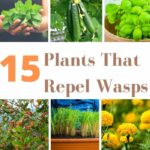
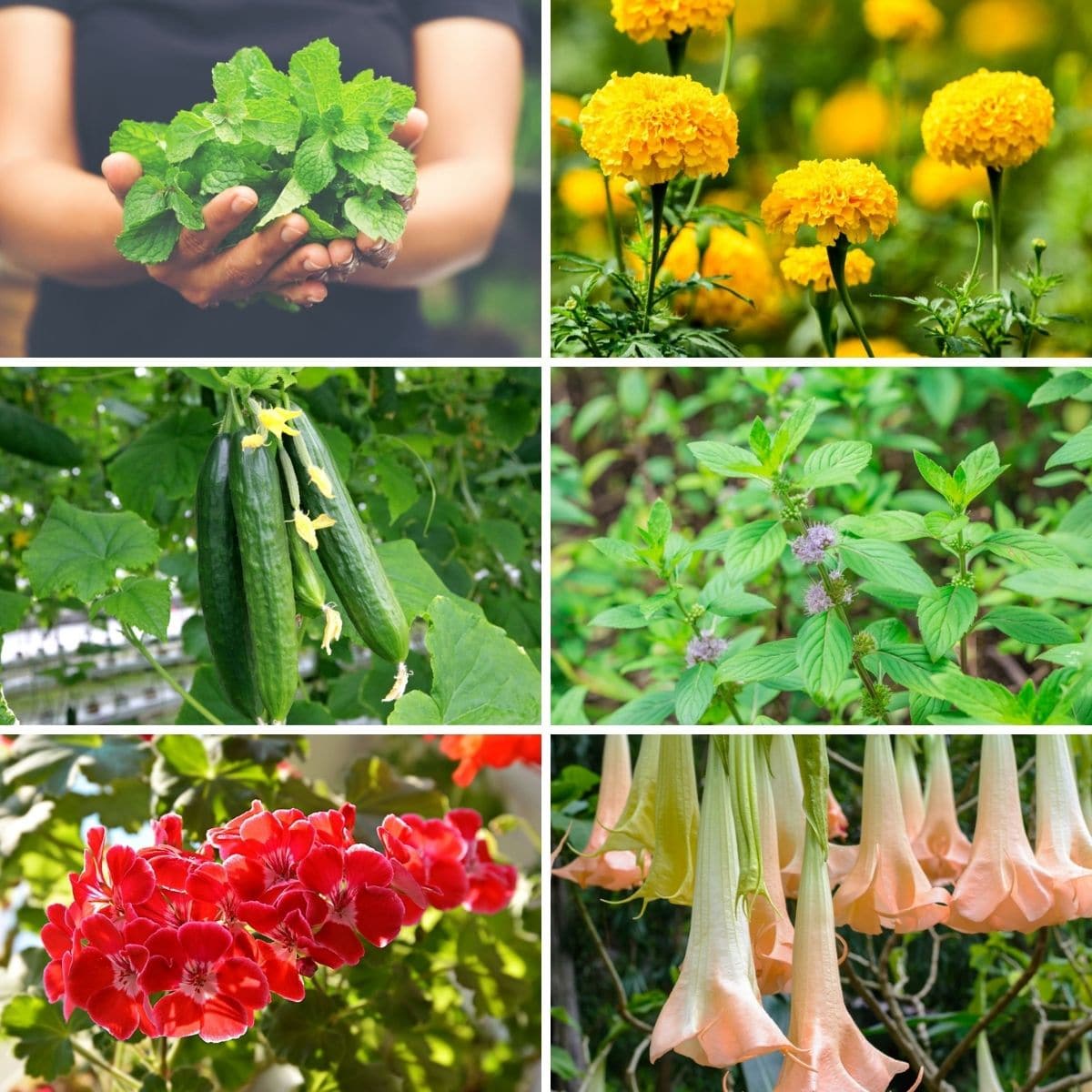
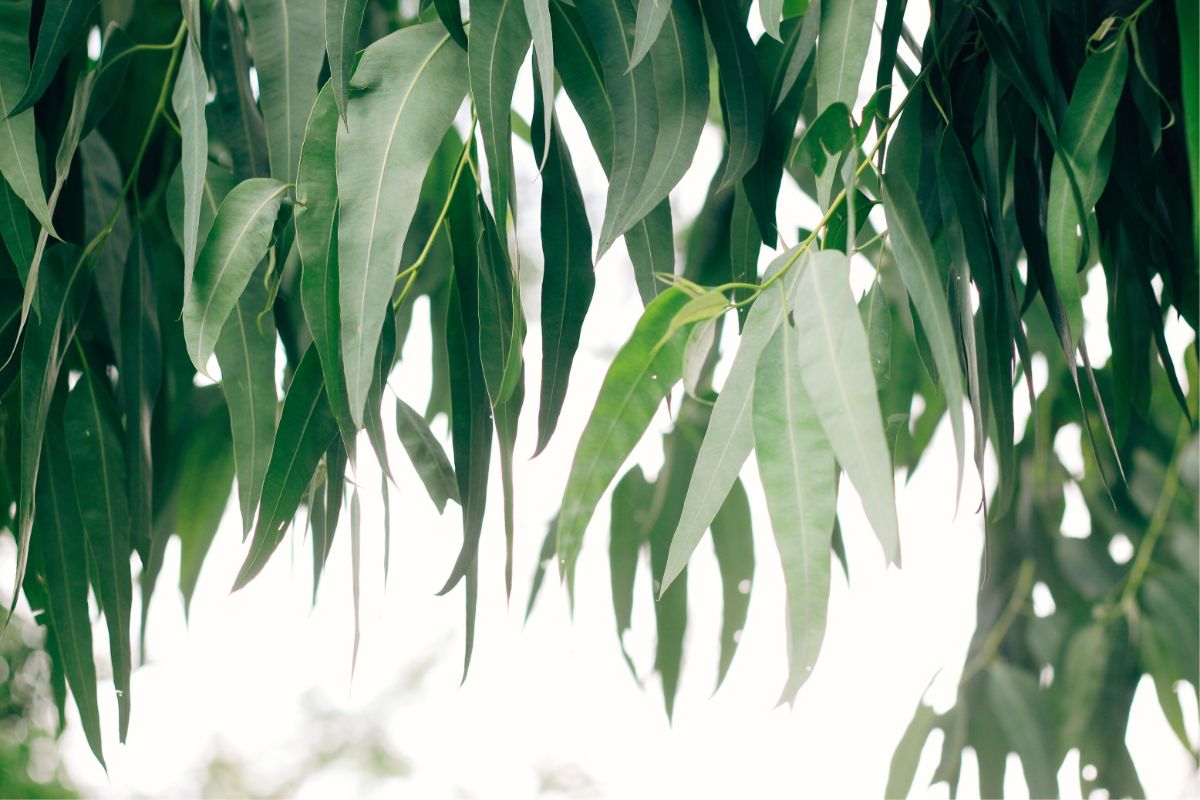
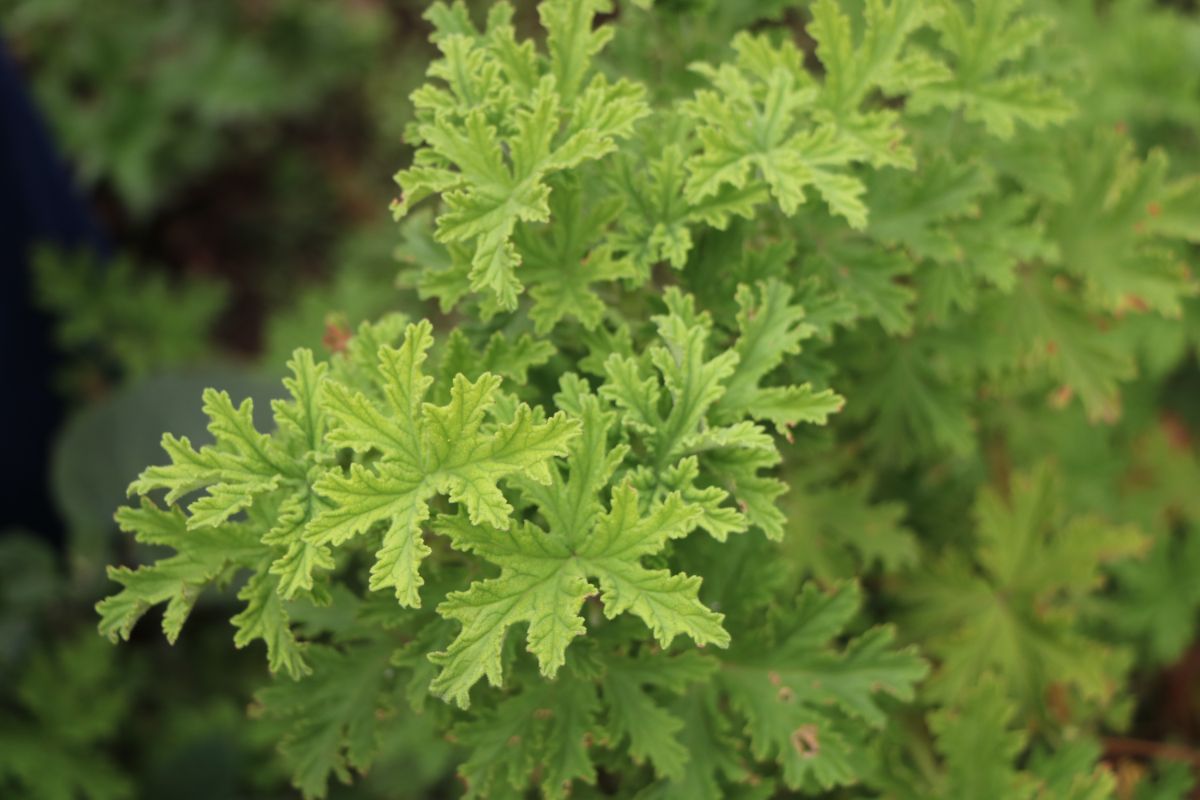
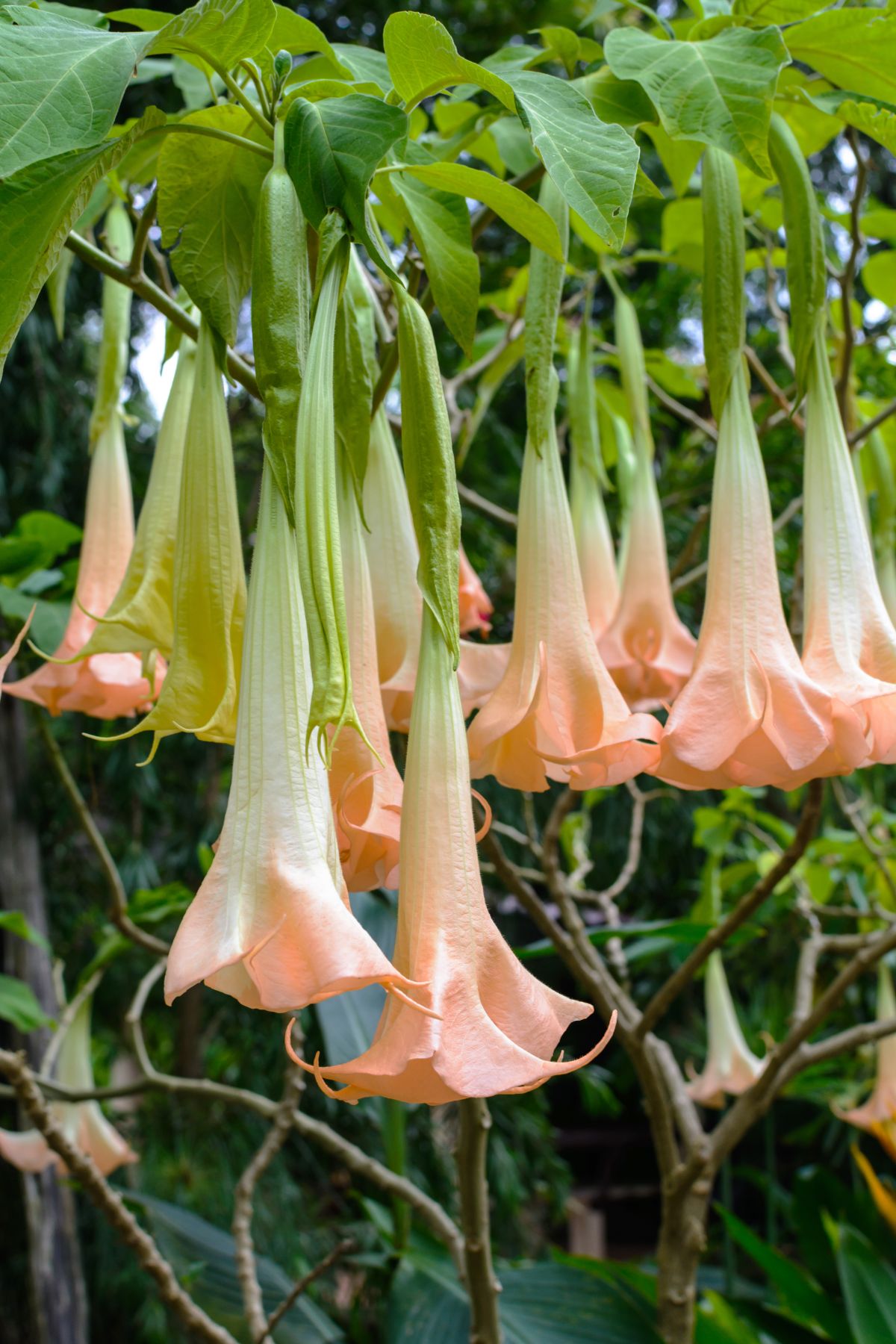
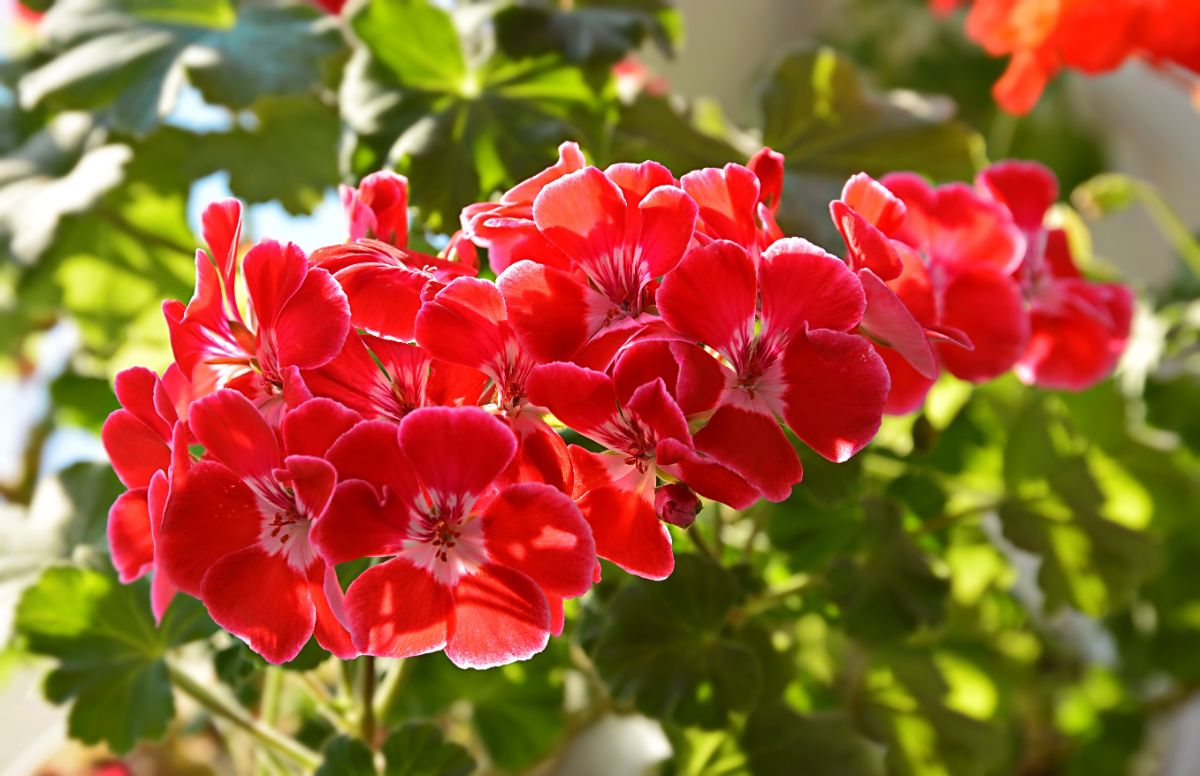
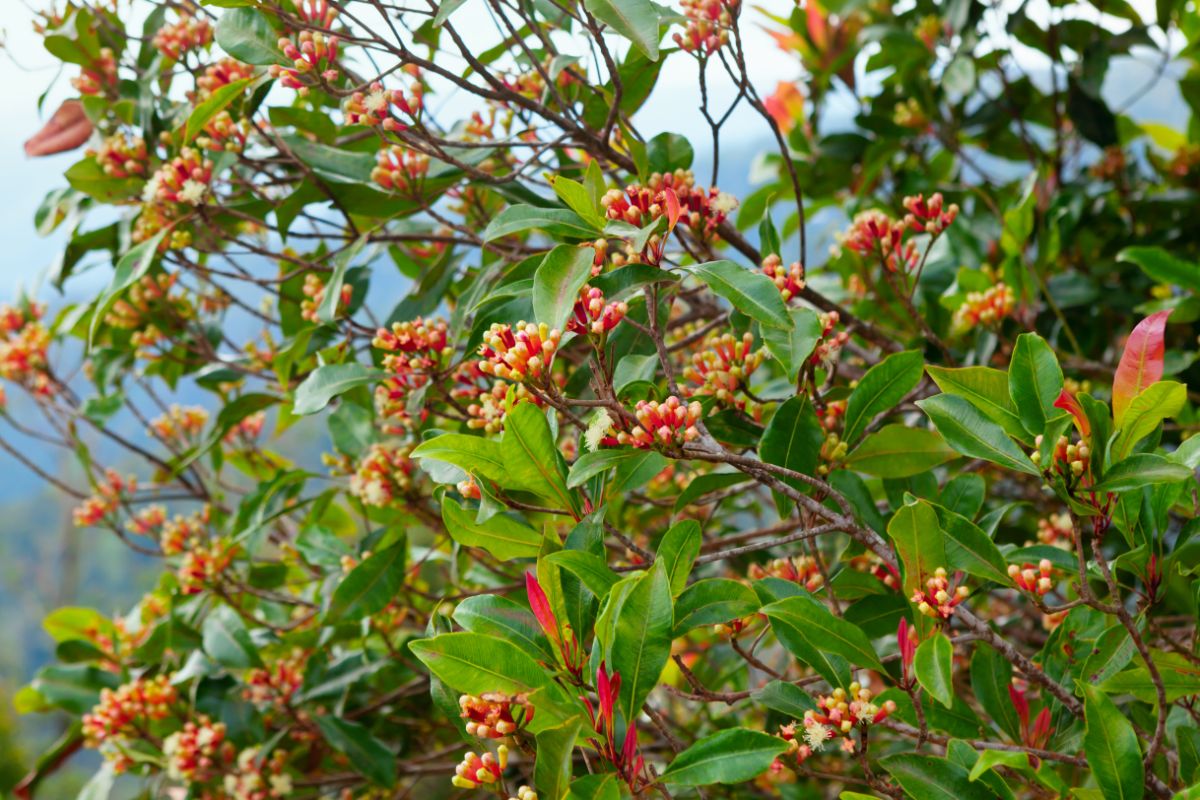
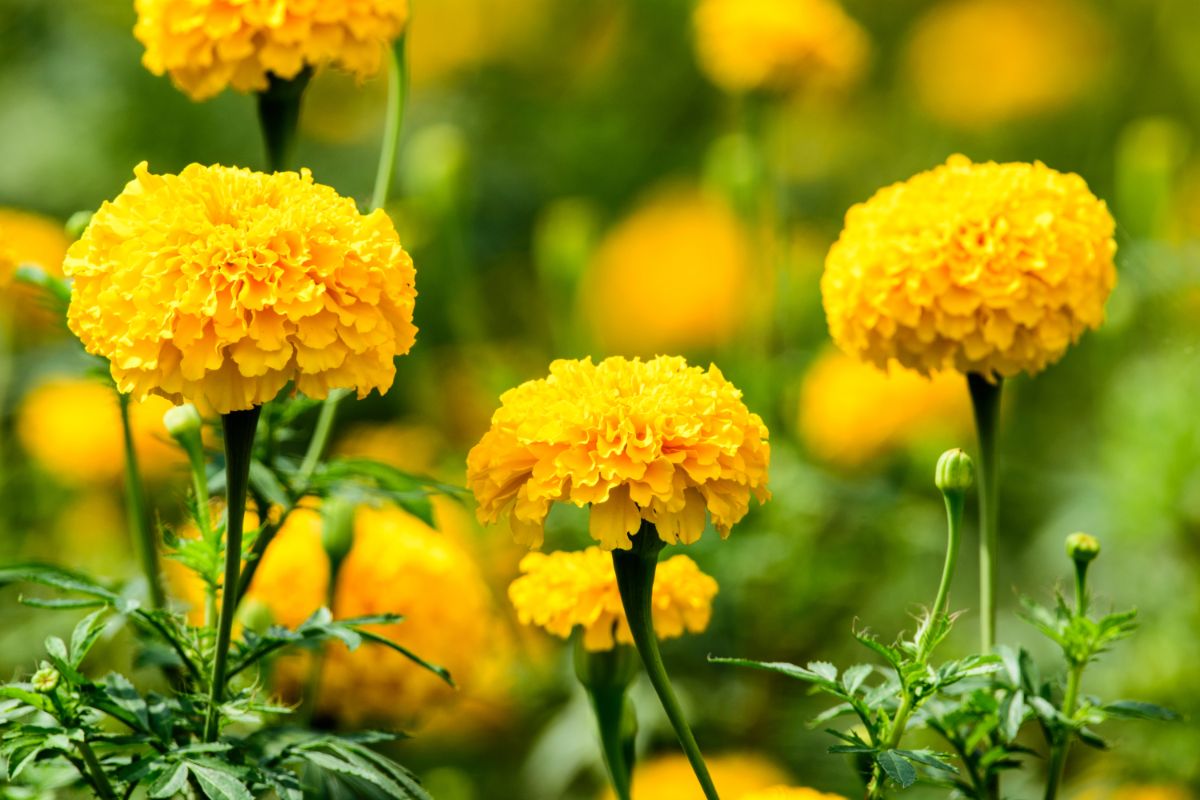
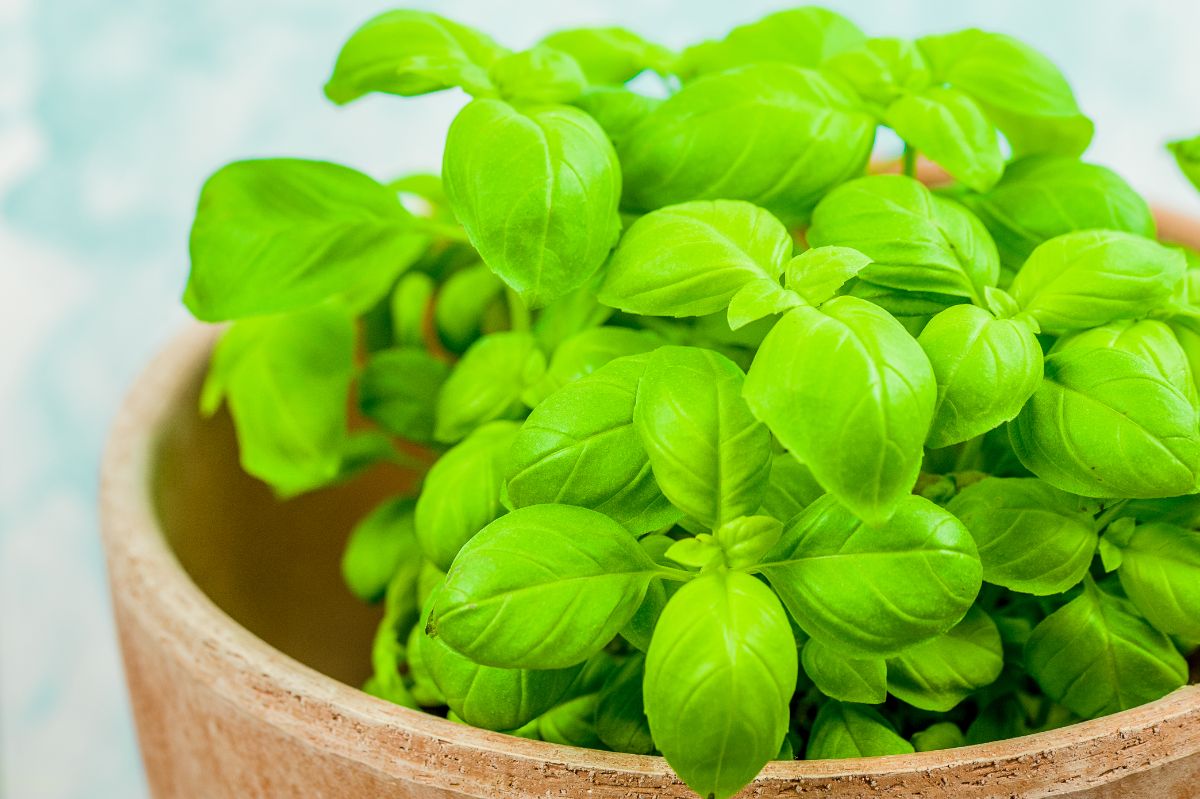
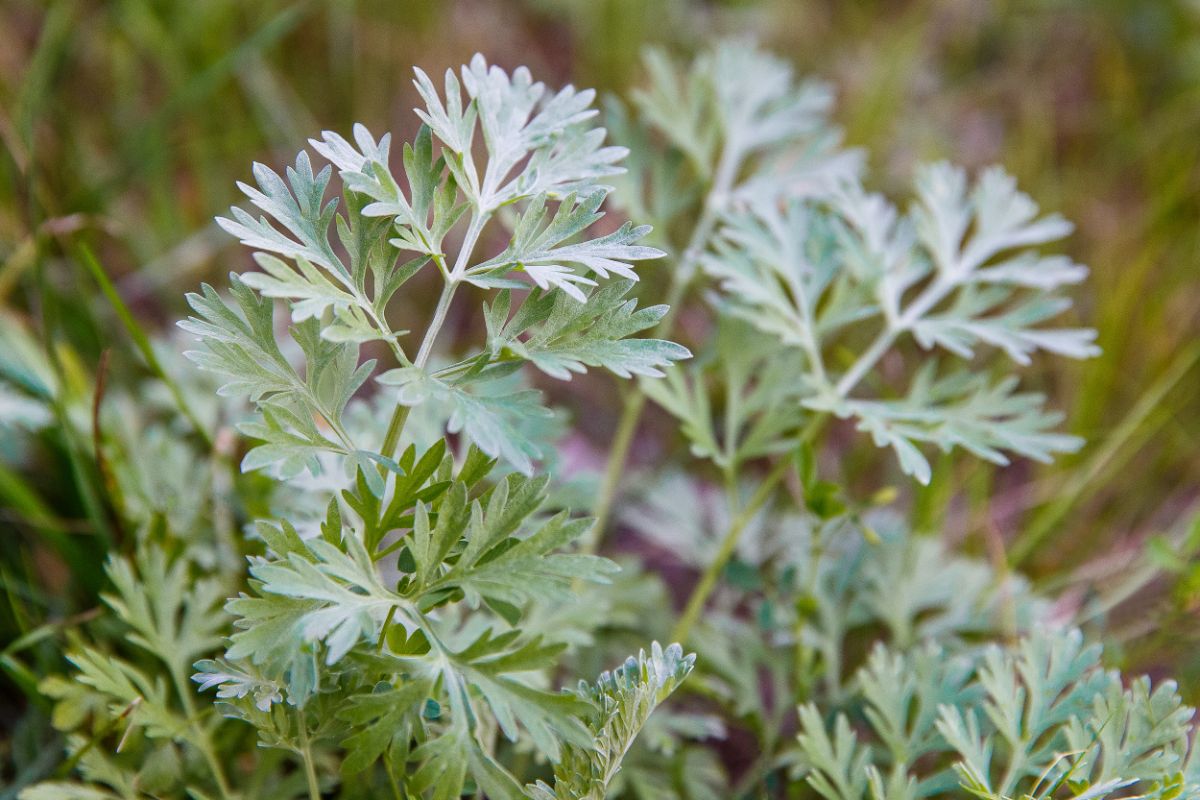
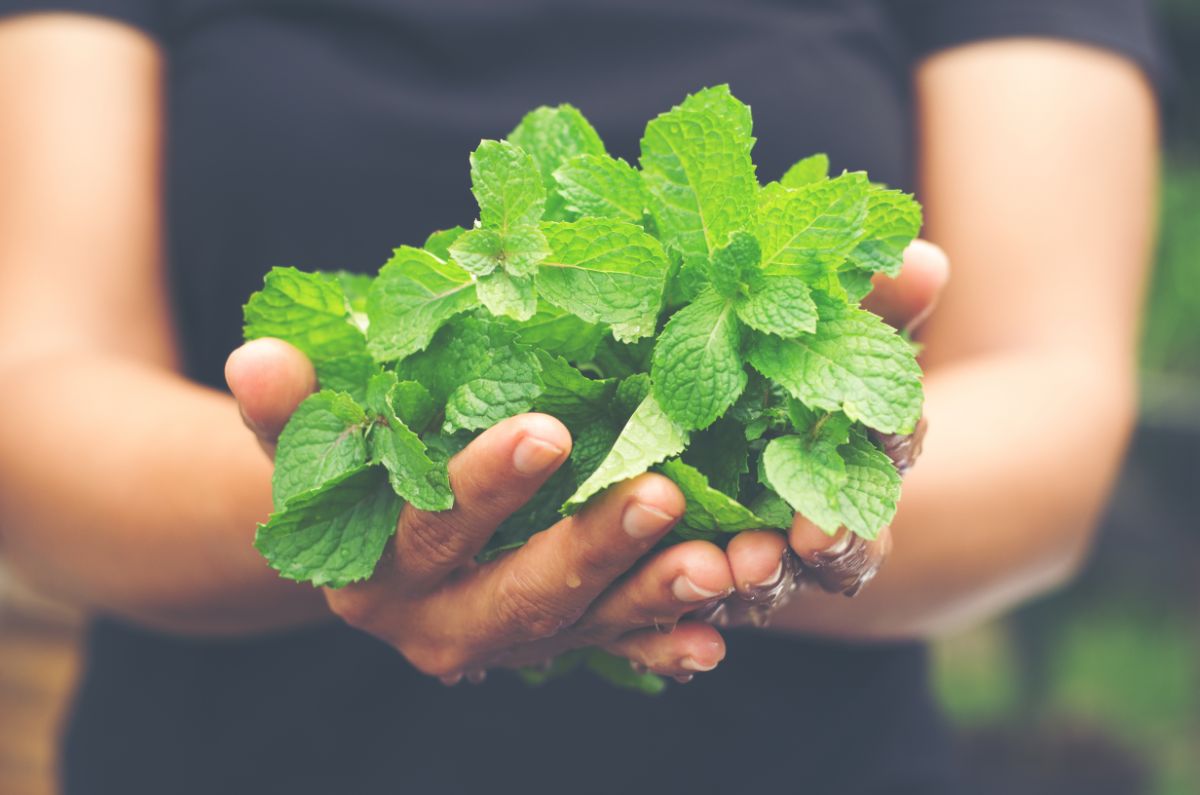
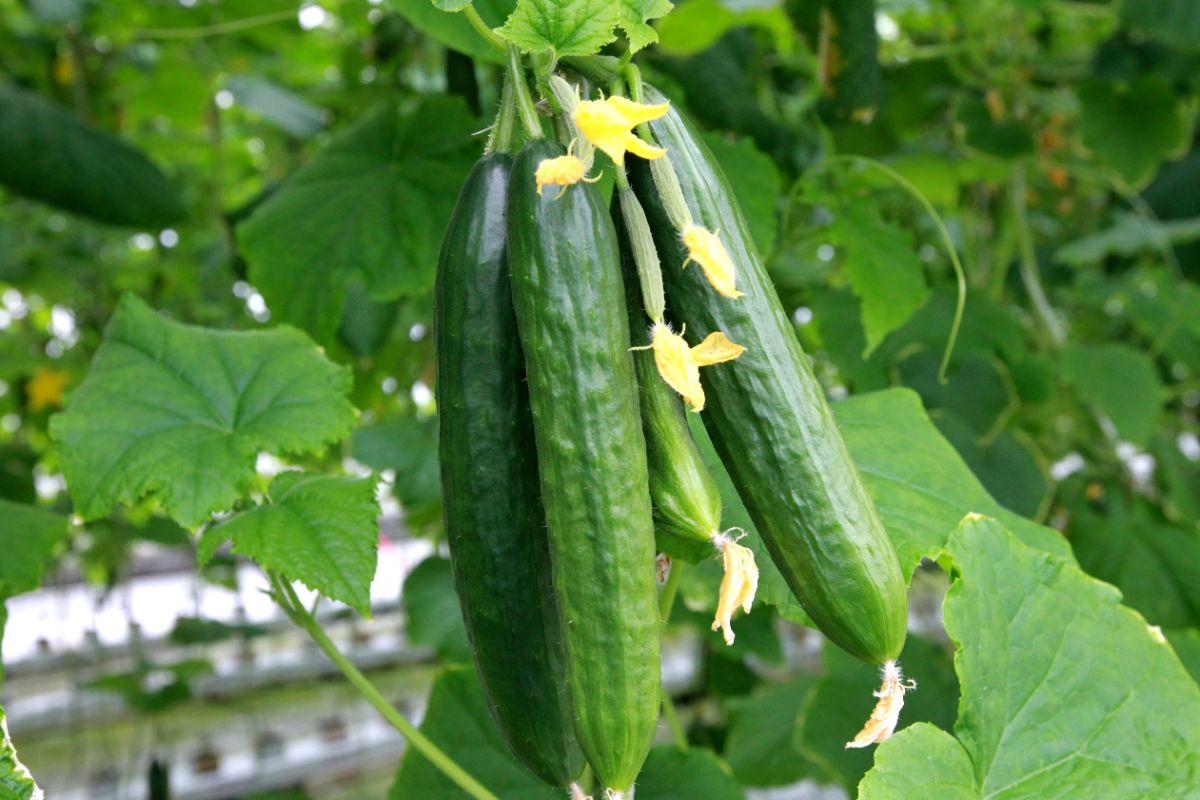
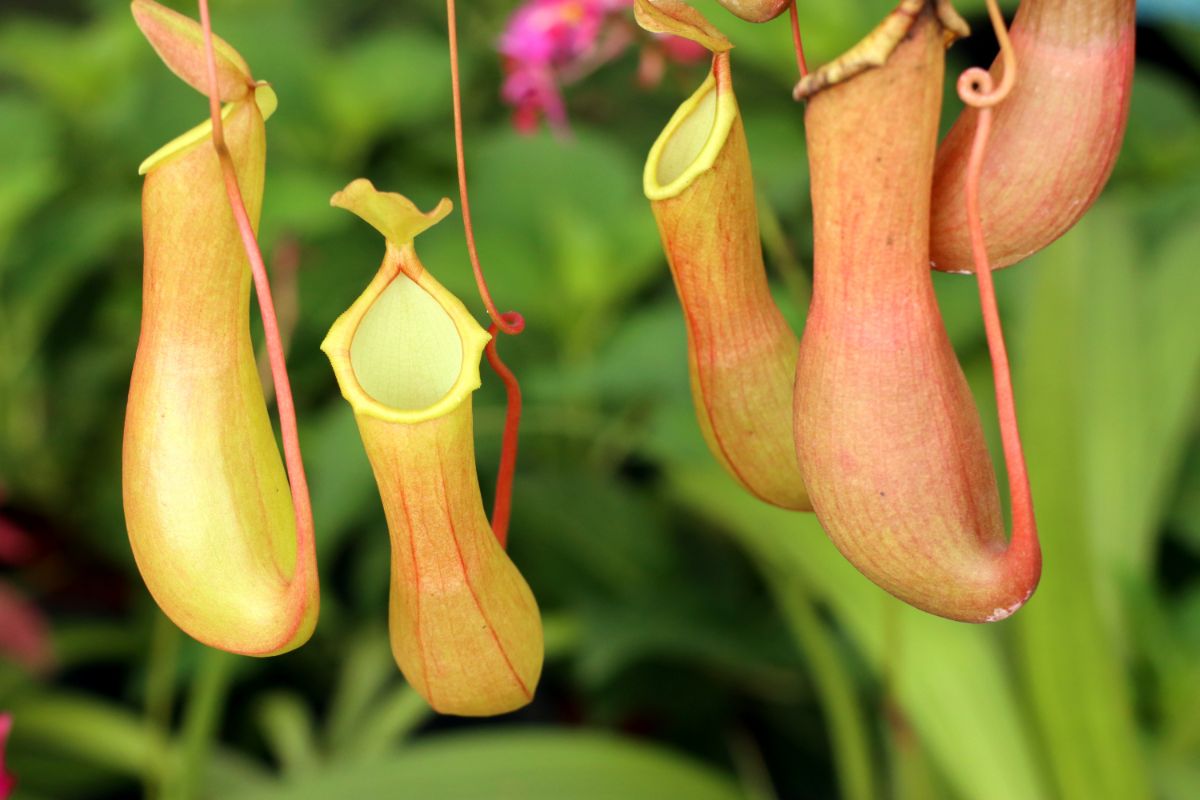
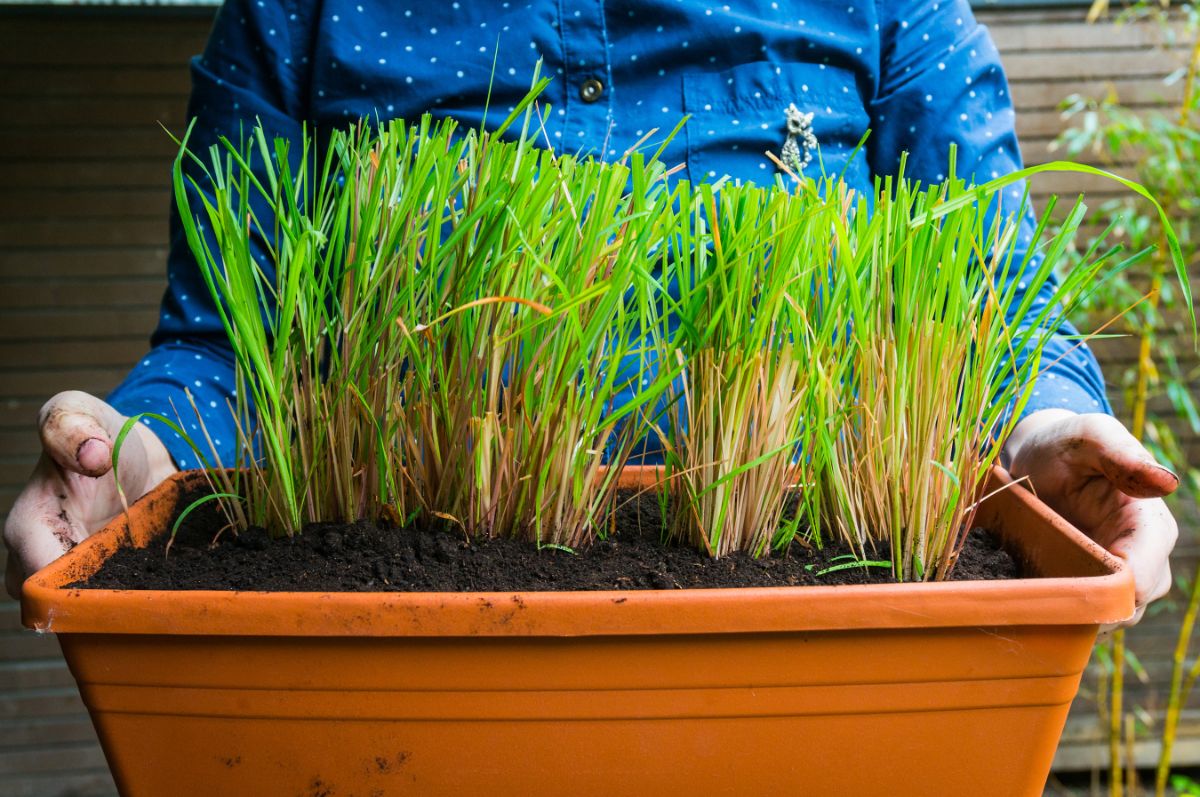
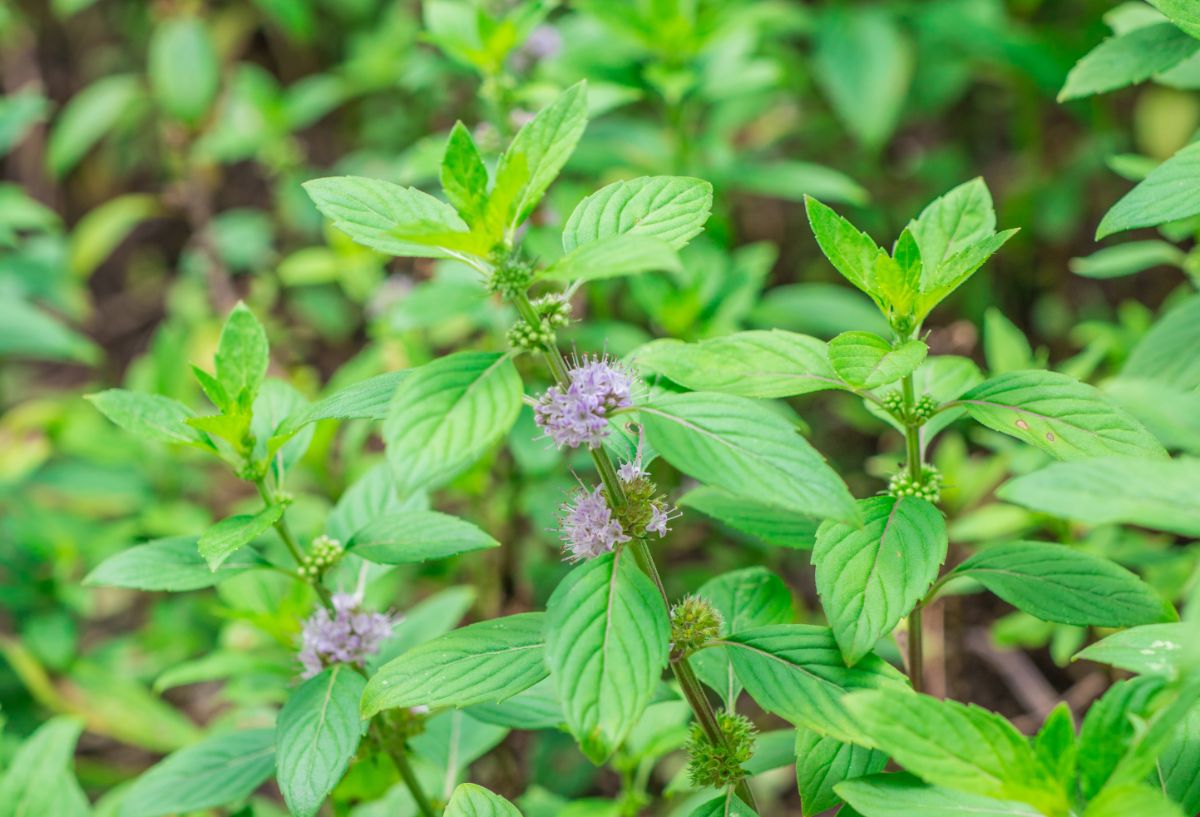


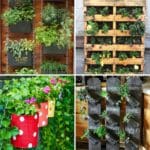
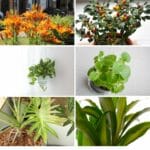
Ella
Well, I just searched for what to do about wasps in your herb garden because I have a wasp that won't leave my basil today and he wouldn't leave my thyme yesterday. So I wouldn't plant those thinking they will repel a wasp. I have a wasp or two wasps literally living in these plants. Now I don't mind wasps because if you treat them with respect, they will treat you with respect. But I am afraid of inadvertently picking up one of my herbs and getting stung. I've tried picking up the pot and shaking it but these wasps are not moving. Basil and thyme = home sweet home to these guys.
Big cat
Paperwasps are nearly everywhere.... Its ok so long as they stay out of my house
Anonymous
Totally agree with the comment above. I have gotten rid of a wasp nest multiple times in my basil. I even have marigold planted right next to it so I don’t think marigold works for wasps either. I use a hose and a water nozzle. With strong enough pressure I spray them out, but be careful because they will be angry.
Lance
I have a question, of these 15 plants that keep "wasps" away from my yard & gardens, can any be planted together in small to med. groupings to give myself that same amount of plantings as protections.
*(Ex: plant cloves, mint & lemon grass together and have "3x" the protections)